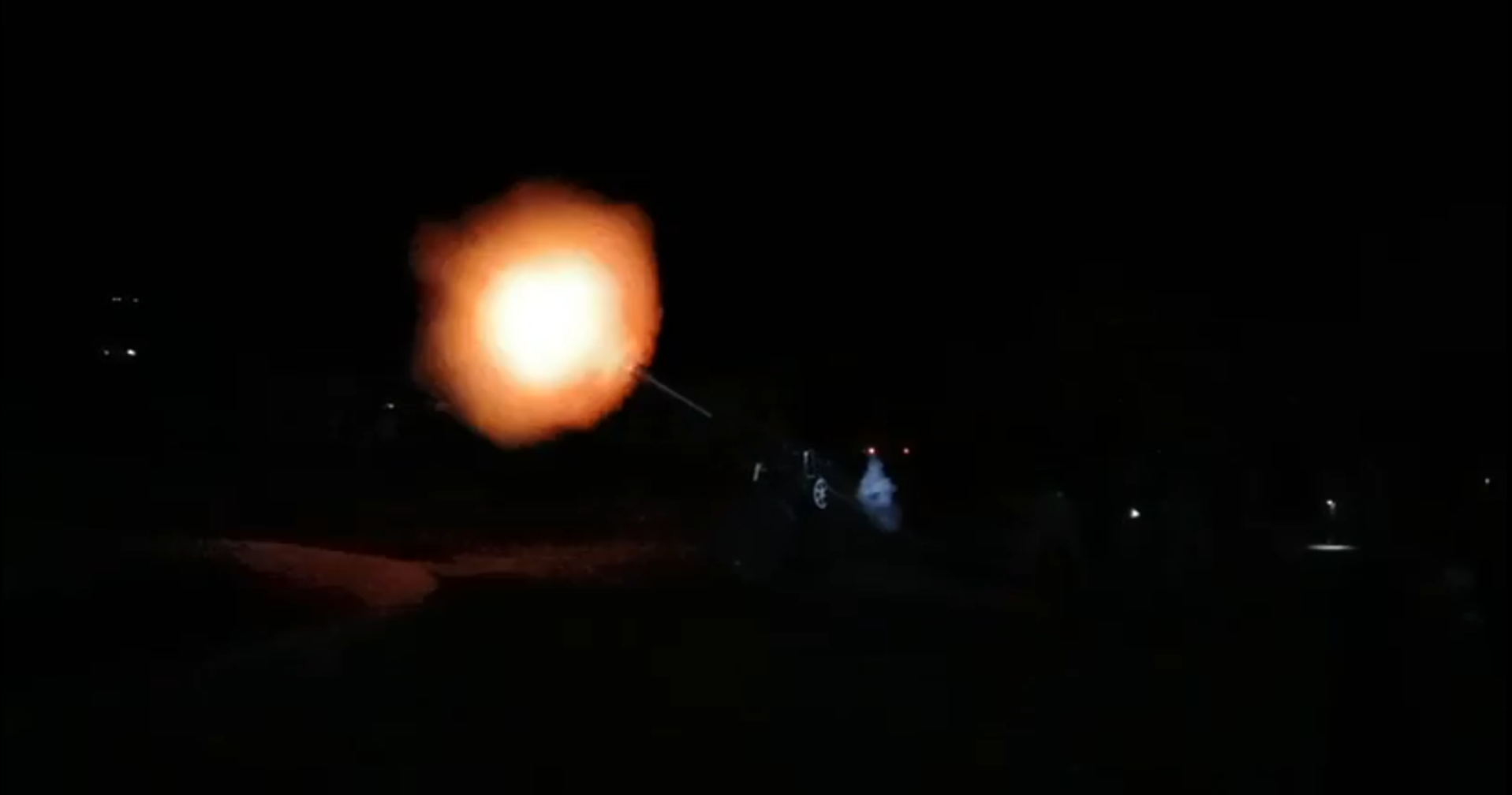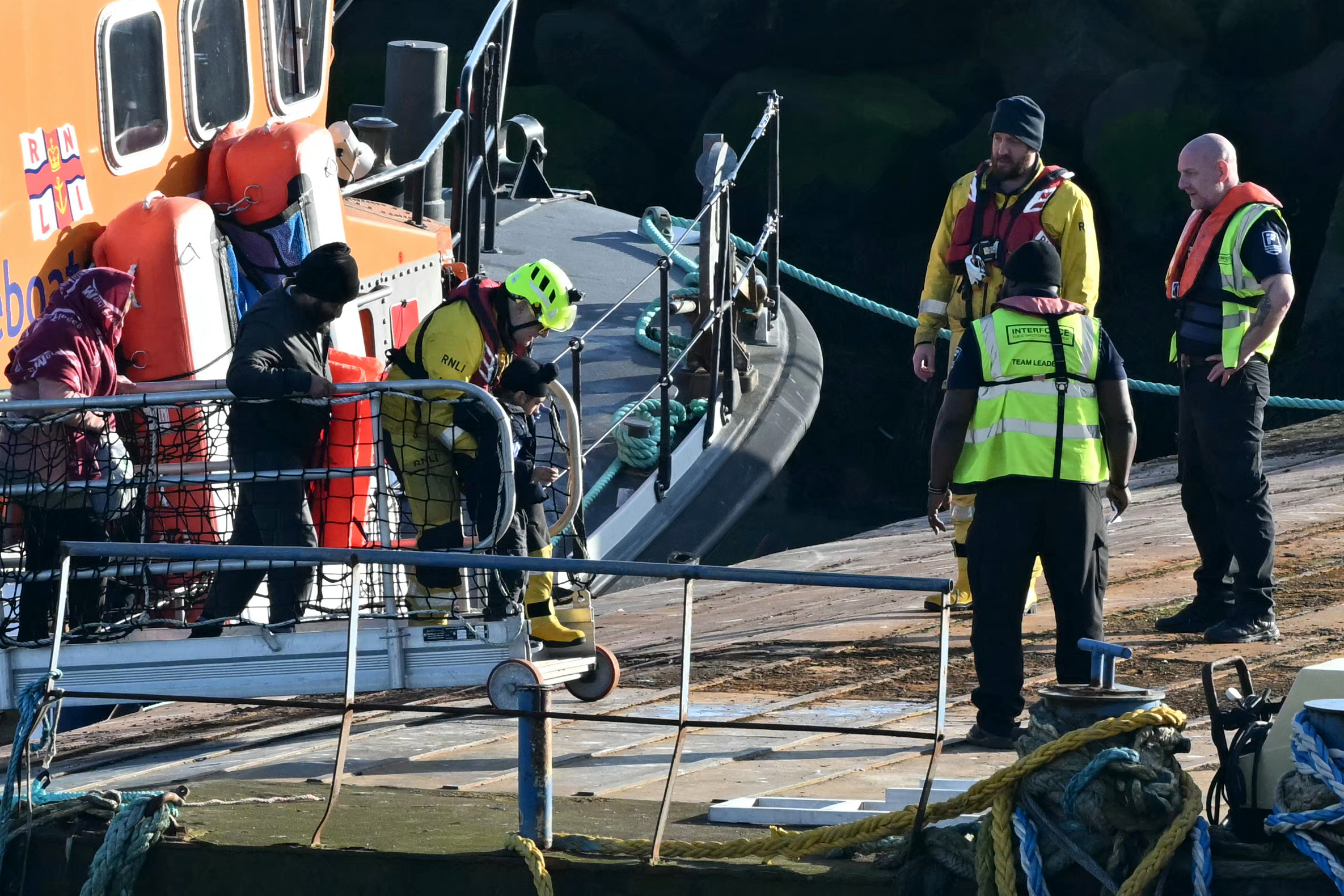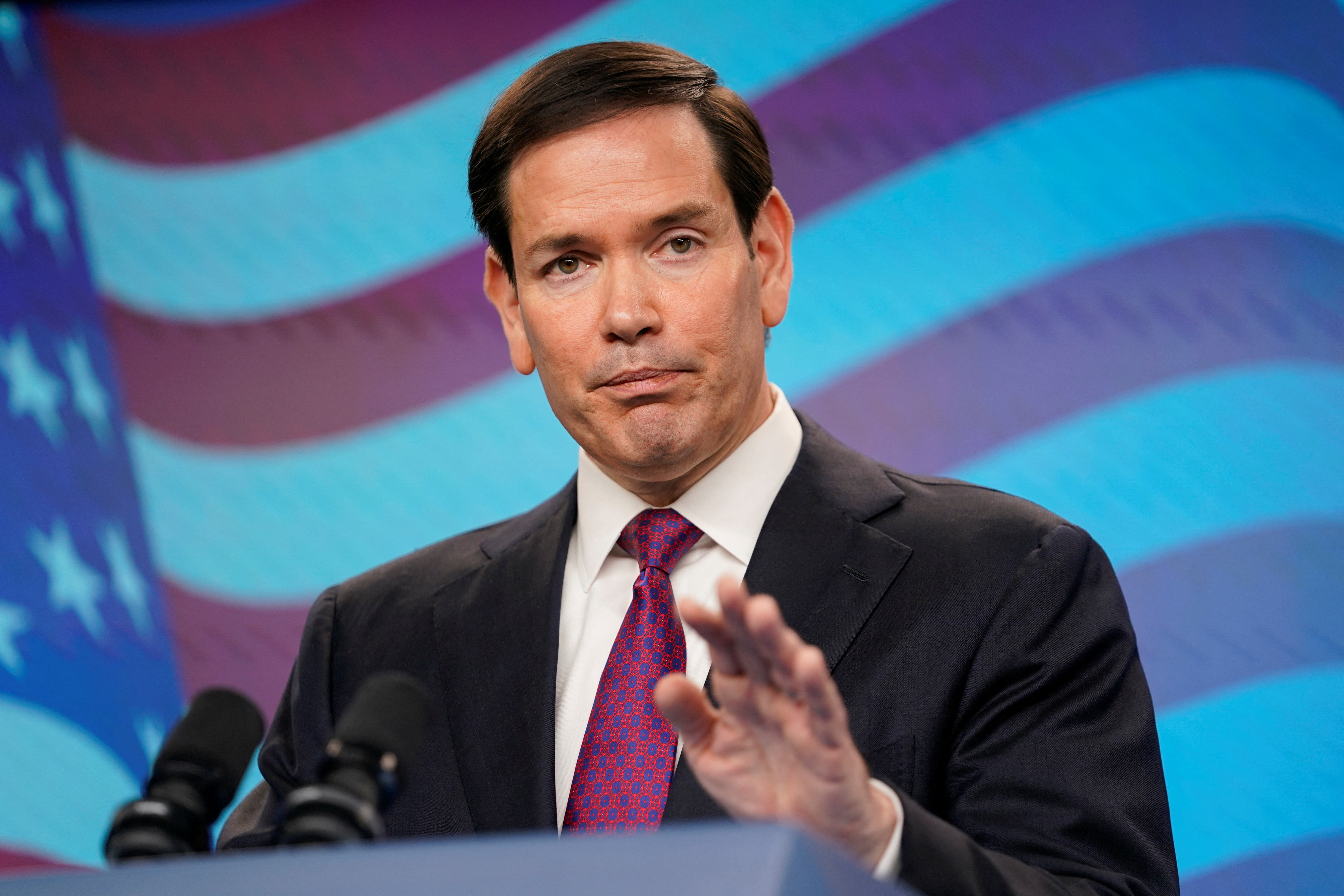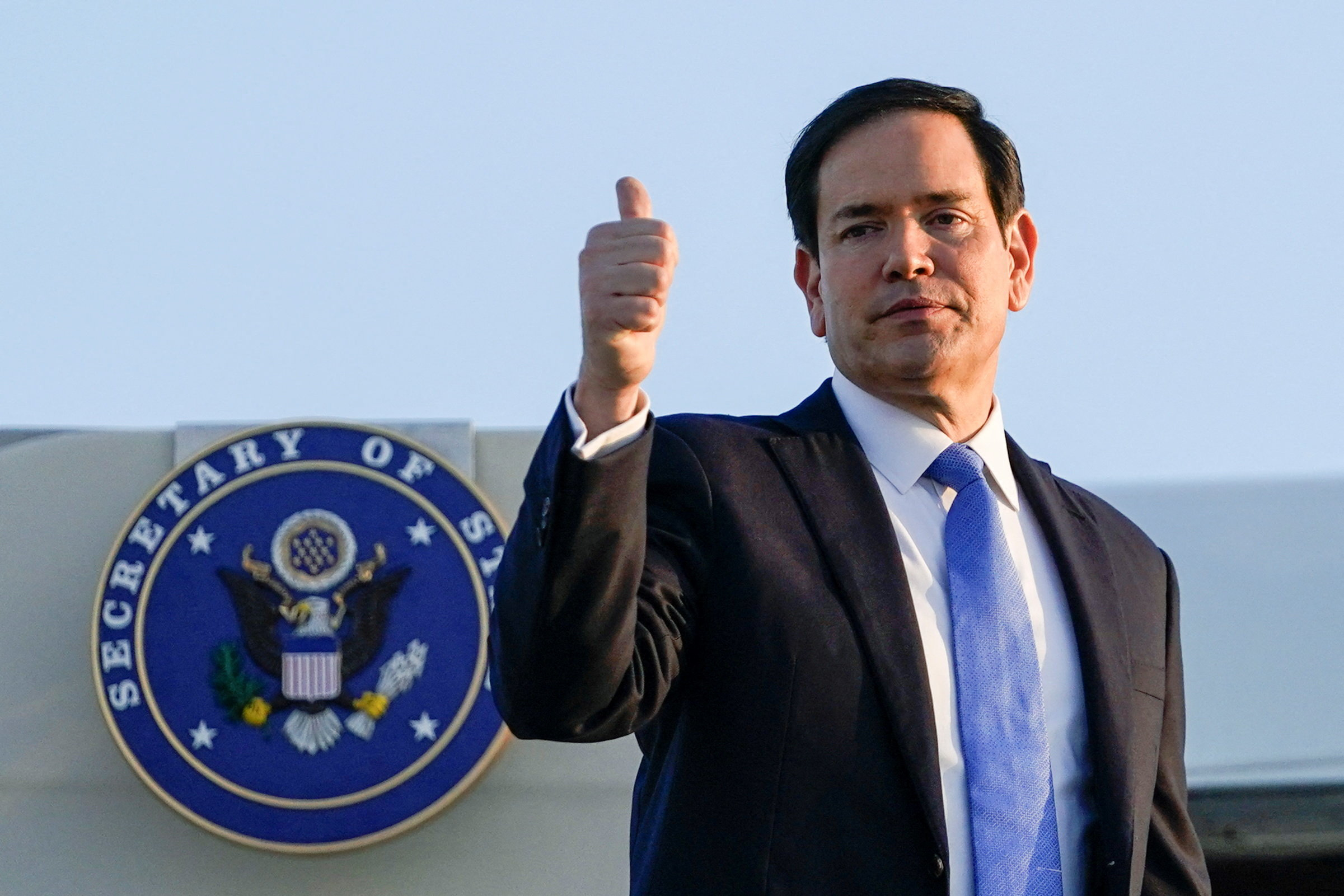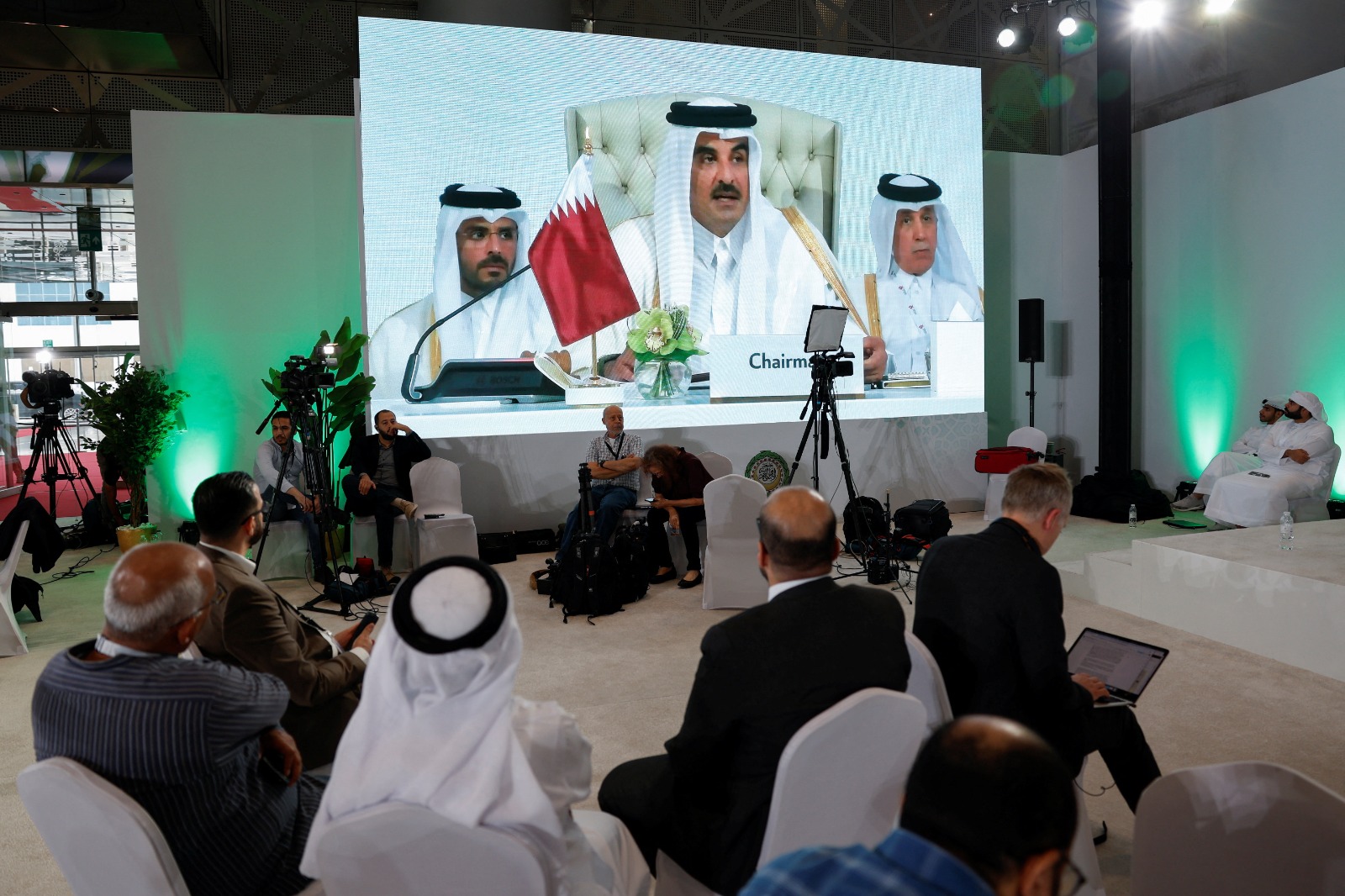ISLAMABAD: The Arab League and the Organization of Islamic Cooperation on Monday reaffirmed their “collective duty to respond” to Israeli military actions, citing regional defense agreements and collective security under international law.
The mechanism for a collective response is embodied in the Joint Defense Agreement of the Cooperation Council for the Arab States of the Gulf, which is based on integrated, “interdependent collective security” and adherence to the United Nations Charter.
Article 2 of the agreement states that any attack on one member is considered an attack on all, and commits members to providing assistance quickly, including with military force if necessary, to defend against aggression and restore security.
The charter also outlines consultation mechanisms, joint exercises, the development of the ‘Peninsula Shield Force’, and steps to build a regional military industrial base.
The pact draws on Article 51 of the UN Charter, which recognizes the “inherent right of individual and collective self-defense” until the Security Council acts to restore peace and security.
Unified Military Command meeting soon
At the summit, member states discussed strengthening joint defense mechanisms and what they described as “Gulf deterrent capabilities.”
A meeting of the bloc’s Unified Military Command is scheduled to convene soon in Doha, according to Majed Mohammed Al-Ansari, spokesman for Qatar’s Ministry of Foreign Affairs.
Leaders said they would continue consultations among military bodies and political organs to coordinate positions and responses under international law. They added that any measures taken would be reported to the UN Security Council in line with the Charter.
Qatar condemns Israeli attacks
Earlier, Qatari Emir Sheikh Tamim bin Hamad Al Thani opened the Emergency Arab-Islamic Summit by condemning the recent attacks. “My country’s capital was subjected to a treacherous attack targeting a residence housing the families of Hamas leaders and their negotiating delegation,” he said.
The Emir said they would take “concrete steps to address the state of madness of power, arrogance, and bloodthirstiness obsession that has befallen the government of Israel.”
Al Jazeera reported that Israel carried out strikes in Palestinian territories, Lebanon, Syria, Tunisia, Qatar, and Yemen within a 72-hour period.
Arab-Islamic blocs
The Arab League comprises 22 member nations from North Africa to the Gulf, representing a population of nearly 500 million. The Organization of Islamic Cooperation consists of 57 countries with significant Muslim populations across Asia, Africa, Europe, and the Americas, and was formed in 1969 after an arson attack on Jerusalem’s Al-Aqsa Mosque.
The Cooperation Council for the Arab States of the Gulf, also known as the Gulf Cooperation Council (GCC), was formed on May 25, 1981, and is a regional political, economic, and security alliance comprising Bahrain, Kuwait, Oman, Qatar, Saudi Arabia, and the UAE.
It is headquartered in Riyadh and was established through its Charter as a framework for cooperation and collective defense in the Gulf region.
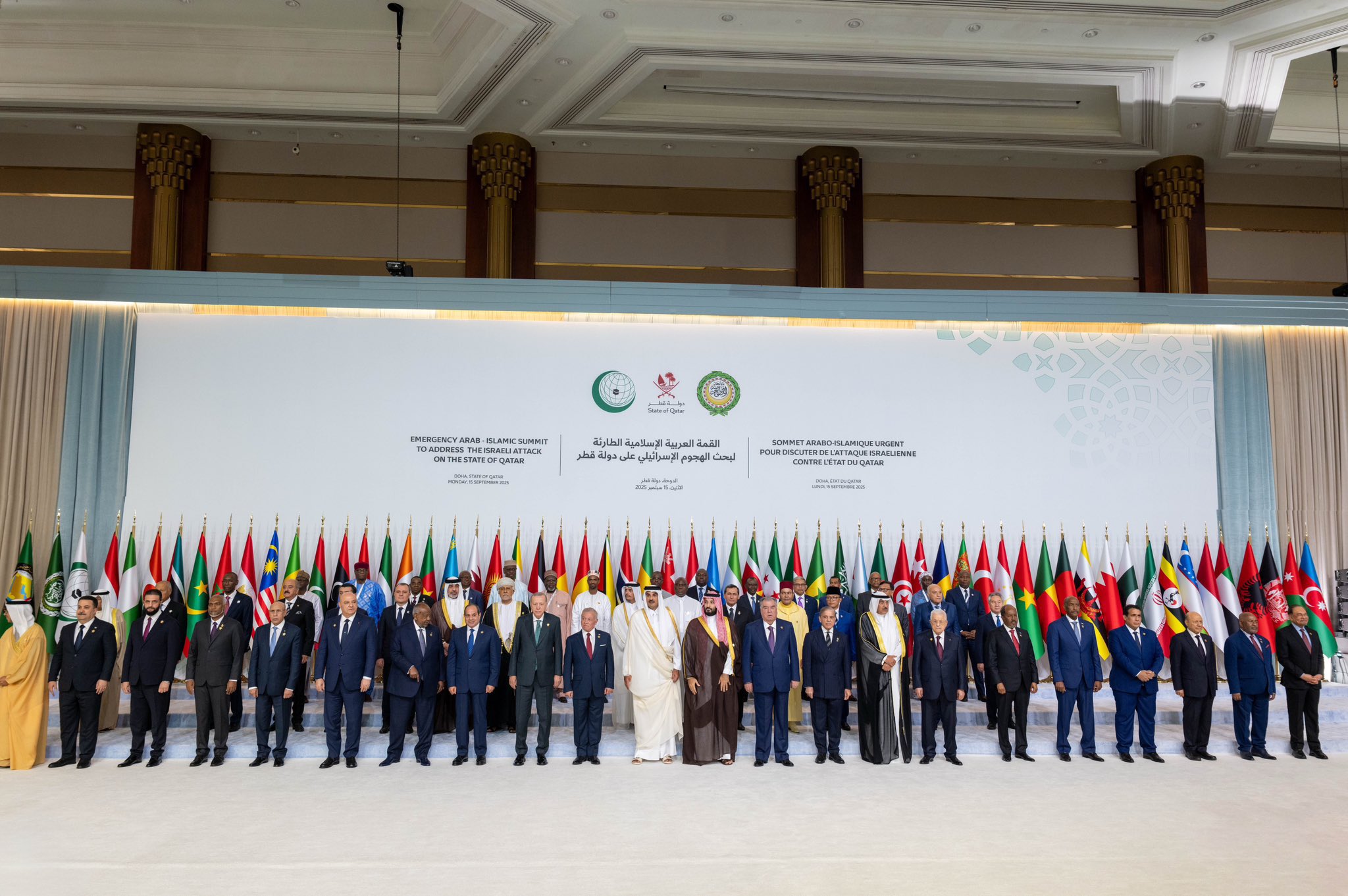
.jpg)
